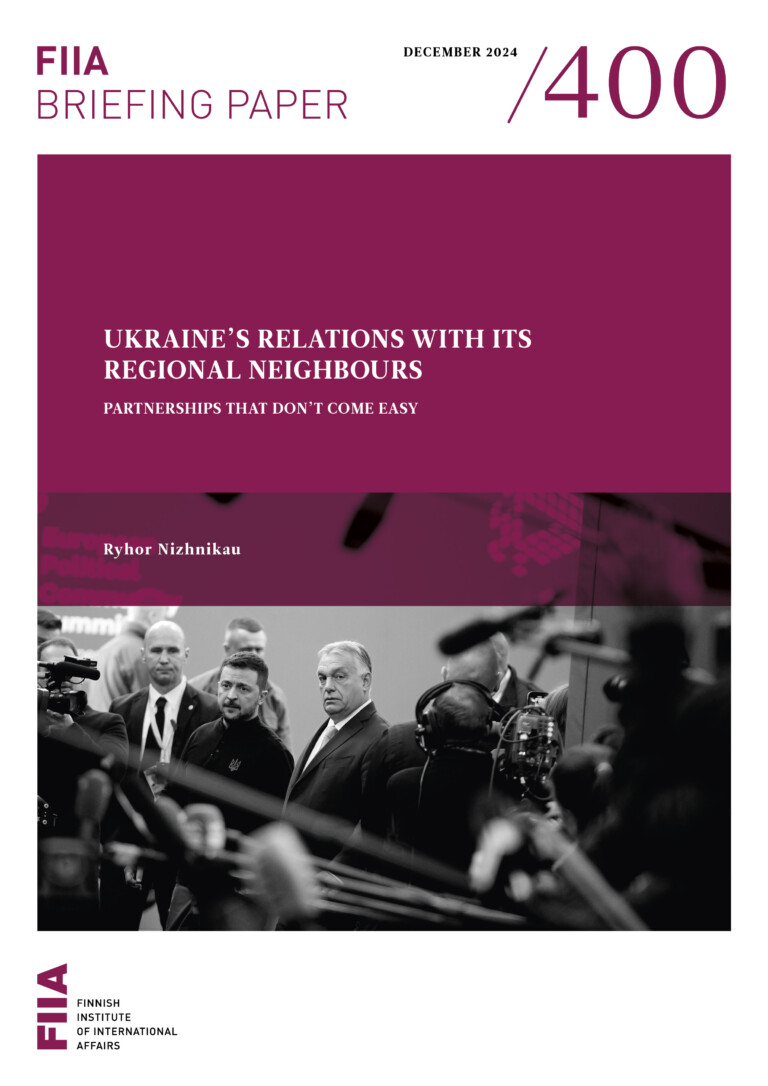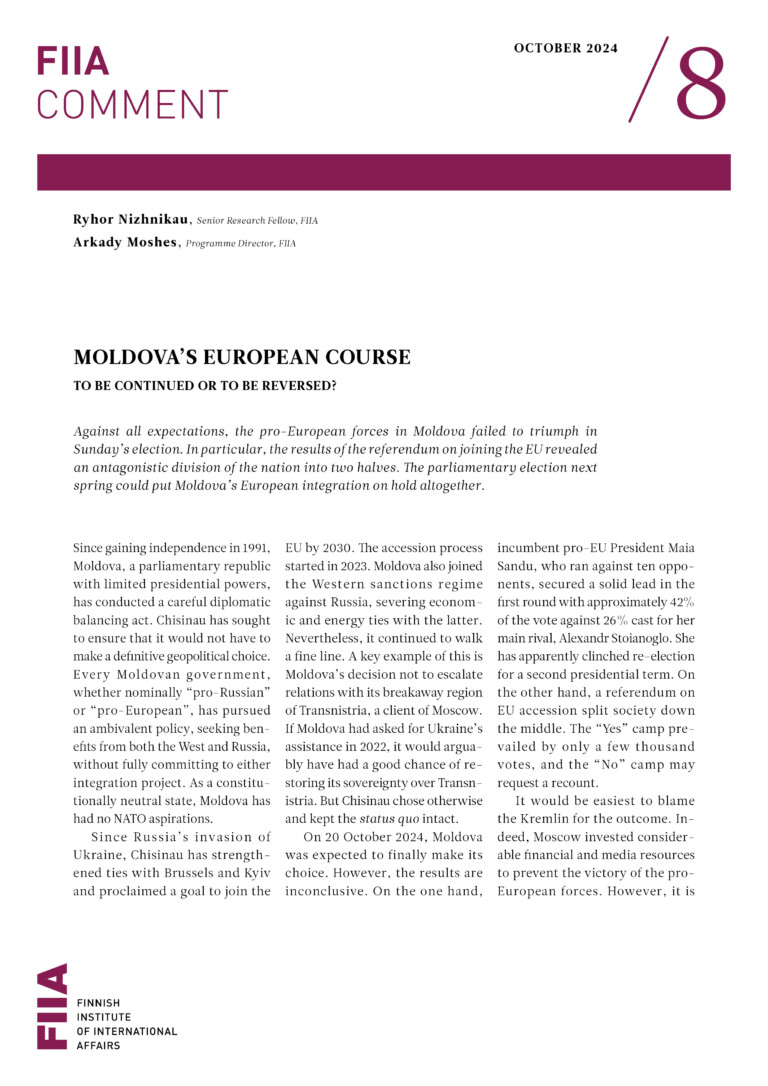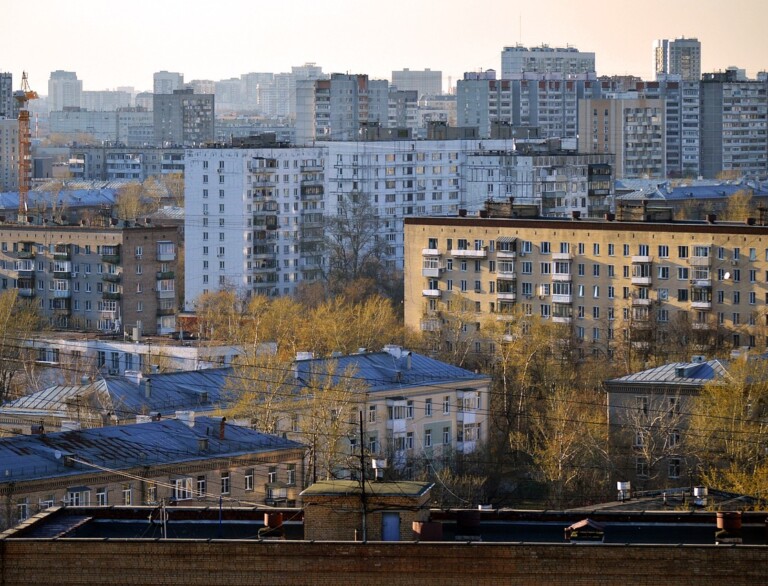Despite attempts to present itself as a neutral force, Russia de facto supported Syrian President Bashar al-Assad’s regime by both political and military means. Moscow’s main goal was to defend the regime against the pressure to relinquish power to the opposition, and also to deter any attempt at a Western/Arab military intervention in Syria.
Various factors have influenced Russia’s strategy towards the Syrian crisis. Among them are concern over strategic and economic interests in Syria as the last symbolic outpost of Russian influence in the Middle East, as well as a fear of the consequences of a regional imbalance, involving the spread of Islamic radicalism, spilling over to Russia itself. Obviously, the Western military engagement in Libya strongly influenced Russian behaviour, providing Moscow with a negative reference point.
Of crucial importance in the Russian approach to Syria, however, is a perception that prevails among the conservative top members of the Russian ruling elite. It involves the belief in a US-led conspiracy to advance its geopolitical interests through regime change by means of both soft power technologies and the unilateral use of military force, with Syria being yet another target. But it also stems from a growing sense of domestic vulnerability, which paradoxically provokes the Kremlin to actively defend itself, both in Russia and in Syria, against a perceived external threat.
One should not expect Russia to change its current position on the Syrian conflict. Moscow seems to be ready to accept any scenario which will effectively prevent a regime change in Syria, through prolonging the conflict and the “Lebanization” of Syria, or via an interim agreement which would freeze the status quo. This offers little room for cooperation between the West and Russia.






